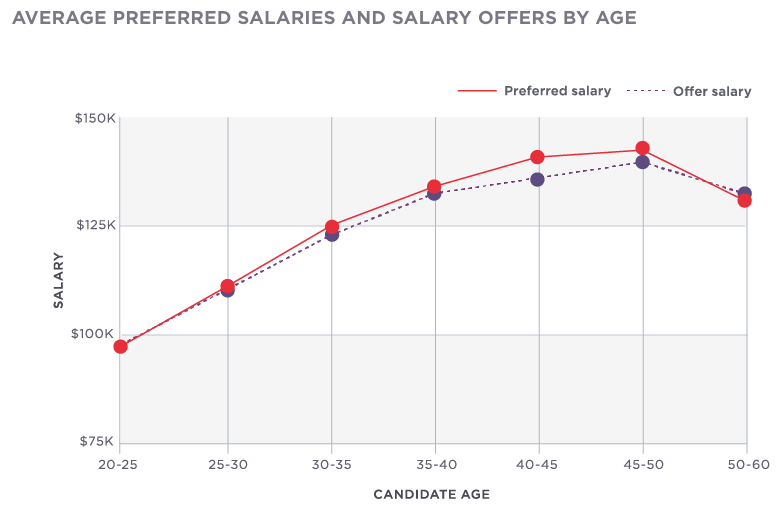If you’ve read any of my posts over the past five years you know I really don’t think too highly of unions. Unions today, especially the UAW, are basically in bed with major corporations, doing almost nothing for the members that pay their dues and keep them in business. Which is why I loved Elon Musk’s response when the UAW came knocking on Tesla’s door.
The Tesla CEO also lambasted the efforts of the United Auto Workers union to unionize Tesla employees at the company’s factory in Fremont, California, calling the organization’s tactics for doing so “disingenuous or outright false.” Musk alleged that the UAW’s “true allegiance is to the giant car companies, where the money they take from employees in dues is vastly more than they could ever make from Tesla.”…
Musk’s email includes a point-by-point rebuttal of a number of Moran’s claims. Regarding long hours, Musk said overtime has actually decreased by 50% in the last year, and that the average employee worked 43 hours a week. Regarding compensation, he noted that Tesla factory workers earn equity, and therefore, over a four-year period, earned “between $70,000 and $100,000 more in total compensation than the employees at other US auto companies.” On issues of safety, Musk said Tesla’s incident rate is less than half the industry average, and noted that the goal is to be “as close to zero injuries as possible.”
“There will also be little things that come along like free frozen yogurt stands scattered around the factory and my personal favorite: a Tesla electric pod car roller coaster (with an optional loop the loop route, of course!) that will allow fast and fun travel throughout our Fremont campus, dipping in and out of the factory and connecting all the parking lots,” Musk wrote. “It’s going to get crazy good.”
Don’t underestimate the power of free frozen yogurt and roller coaster rides through the factory!
Unions prey on your employees who are disgruntled. We all have them and there’s really nothing you can do about it. What you can do is continue to provide great communications to your employees about what being union-free means to them as workers, and what it doesn’t mean.
Unions lose their power the more your workers are actually educated. When they know the facts (not the alternate facts!) about what truly happens in today’s world when a union takes over a plant. This isn’t the 1940s. Most organizations today, and for sure Tesla, are competing for the best talent against their competition. This forces them to be competitive with wages, benefits and even frozen yogurt.
Where most of us fail in leadership, and this is traditionally how most organizations worked to remain union-free, was you became Fight Club! The first rule in being union-free, is to not talk about being union-free, especially with employees! This actually puts you a catch up role and you look behind the eight ball when unions come knocking.
All of sudden they have the upper hand, because you allowed them to talk about unions with your employees first, so your employees are naturally going to believe them over you. If this isn’t a big deal, why weren’t you talking to us about it?!
I think most employees today get that voting a union in your shop isn’t all rainbows and butterflies. You have to have a really bad work environment for anything to substantially change. What most workers today see when a union is voted in is the immediate payment of dues, and not much more!

